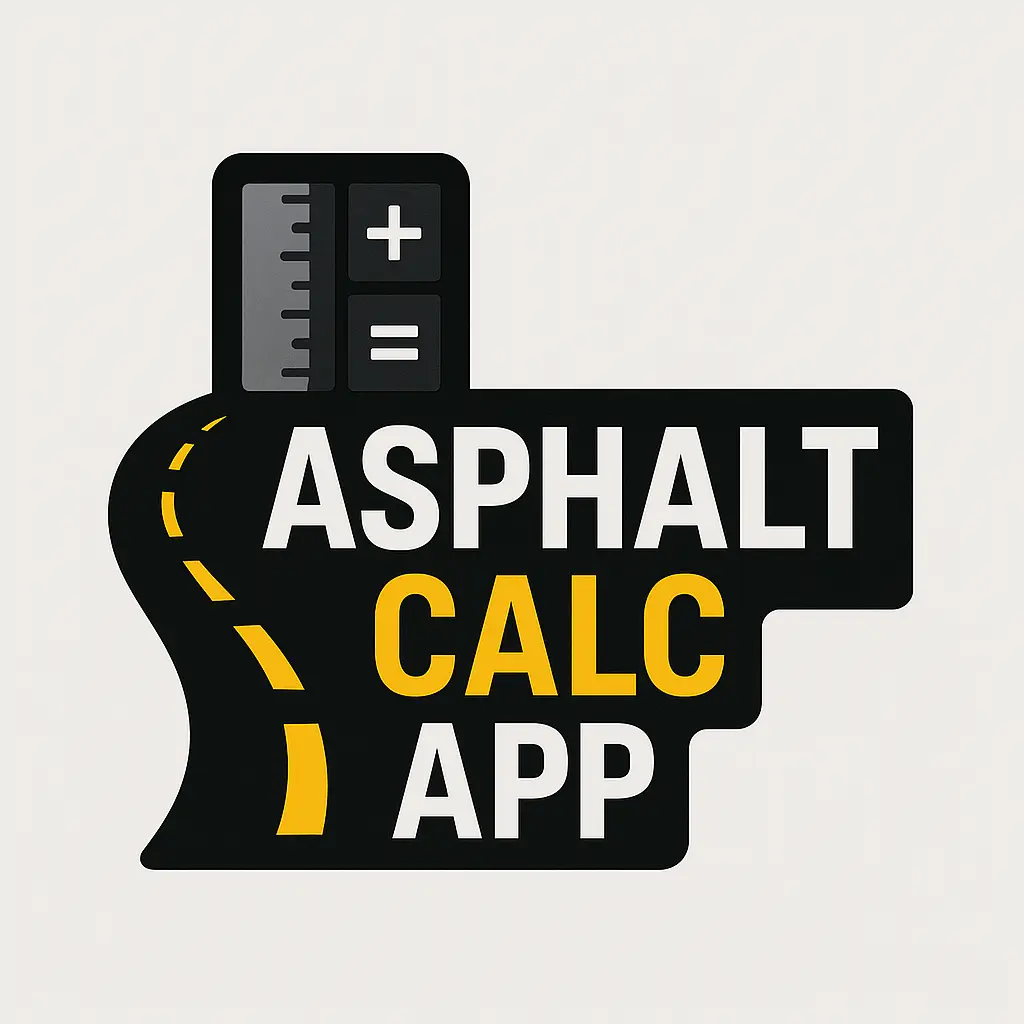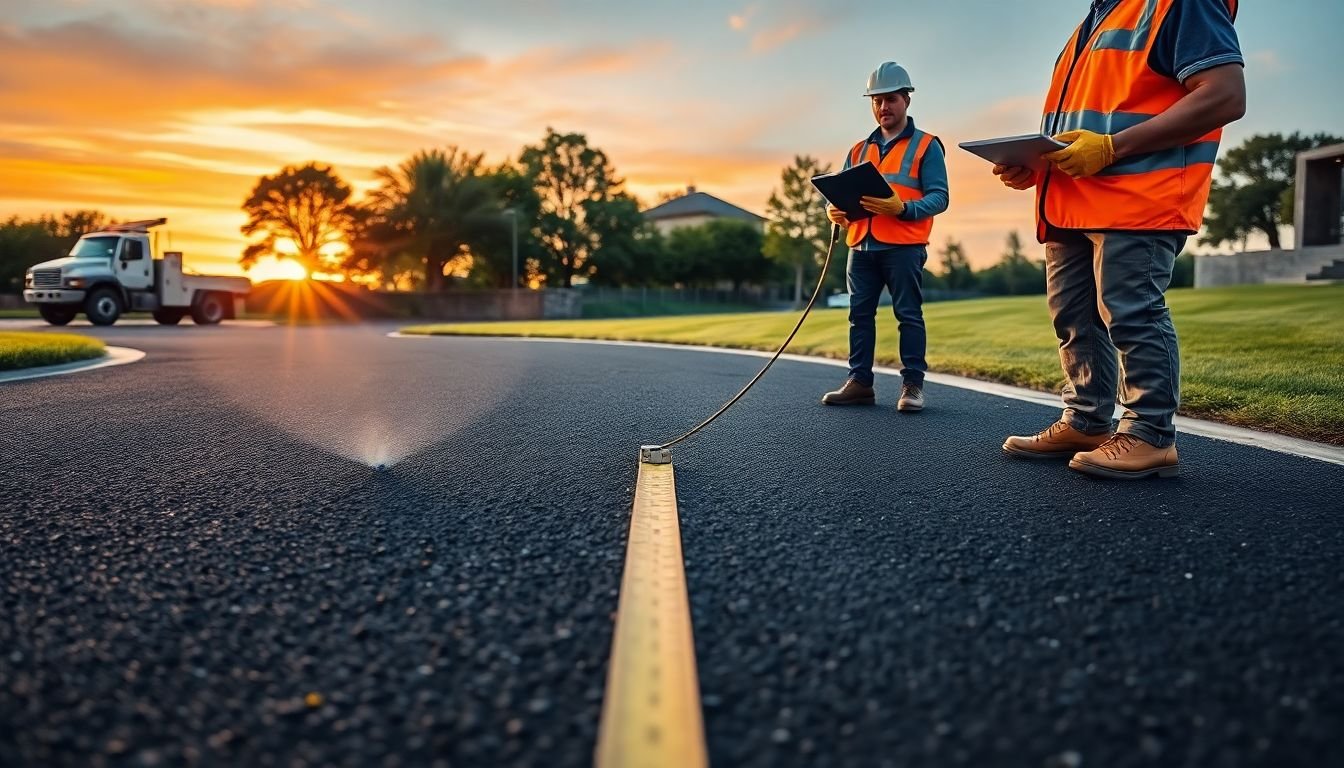Sealcoating is a key step in maintaining asphalt surfaces, helping protect against damage from weather, oil spills, and daily wear and tear. A properly sealed driveway or parking lot can last much longer, saving you money over time. Knowing the cost of sealcoating per square foot helps homeowners and property managers plan budgets, compare quotes, and make informed decisions.
In this complete guide, we’ll walk you through the various cost factors, average price ranges, estimation techniques, and FAQs to help you confidently estimate your sealcoating project in 2025.
Factors That Influence the Cost of Sealcoating Per Square Foot
1. Material Quality and Type
Choosing the right type of sealcoat affects not only the upfront price but also durability and performance:
-
Coal Tar-Based Sealers: Inexpensive and highly durable, but have environmental drawbacks and are banned in some areas.
-
Asphalt Emulsion-Based: More eco-friendly and easier to apply, but may offer slightly less protection.
-
Latex Emulsion Sealers: Fast-drying and clean, ideal for areas needing quick turnaround.
Tip: Select a sealcoat based on climate, traffic, and local environmental regulations.
Source: Asphalt Institute
2. Surface Condition and Preparation
If your asphalt has cracks, potholes, or oil stains, these must be repaired before applying the sealcoat. Common prep tasks include:
-
Power washing
-
Crack filling and patching
-
Oil spot priming
These preparations may add $0.05 to $0.10 per square foot but prevent early sealcoat failure.
For help, read:
👉 How to Repair Asphalt Cracks Before Sealcoating
3. Project Size and Accessibility
-
Larger areas often have a lower cost per square foot due to scale.
-
Smaller driveways or hard-to-access areas may cost more due to labor inefficiencies.
Example: A large commercial parking lot might cost $0.12/sq.ft., while a small residential driveway may cost $0.18/sq.ft.
4. Geographic Location
Pricing varies based on local labor rates, material availability, and climate.
For example:
-
California: $0.15 – $0.25 per sq ft.
-
Texas: $0.10 – $0.15 per sq ft.
-
Florida: $0.12 – $0.20 per sq ft.
For local insights, visit:
HomeAdvisor’s Sealcoating Cost Guide
5. Extra Services and Customization
These optional add-ons may increase your total per square foot cost:
-
Line striping (parking lots)
-
Anti-slip coatings
-
Crack sealing
-
Decorative finishes
Prioritize safety and longevity before cosmetic upgrades.
Average Sealcoating Costs Per Square Foot in 2025
| Item | Estimated Cost Per Sq. Ft. |
|---|---|
| Basic Material (DIY) | $0.08 – $0.10 |
| Professional Application | $0.12 – $0.20 |
| With Crack Filling & Prep | $0.15 – $0.25 |
| With Line Striping | $0.20 – $0.30 |
How to Estimate Your Total Sealcoating Project Cost
Step-by-step:
-
Measure your area: Length × Width = Total Sq. Ft.
-
Assess repairs: Add crack filling or patching cost if needed.
-
Get quotes: Request at least 3 local contractor estimates.
-
Compare scope: Review what’s included — prep, sealing, clean-up, etc.
🧮 Free Tool: Try our Sealcoating Cost Calculator
Budget-Saving Tips from Experts
-
Sealcoat in spring or fall when demand and prices are lower.
-
Bundle multiple driveways with neighbors for discounts.
-
Always choose licensed and insured contractors.
-
Inspect the asphalt yearly to catch damage early.
Industry recommendation: Reseal every 2–3 years to extend asphalt life.
Source: National Asphalt Pavement Association
FAQs About Sealcoating Costs
Q1: How much does sealcoating cost per square foot in 2025?
A: Typically between $0.10 and $0.20, depending on region, surface condition, and prep work.
Q2: Is professional sealcoating worth it?
A: Yes. Professionals ensure better prep, even application, and longer-lasting results than DIY.
Q3: Can I sealcoat my driveway myself?
A: Yes, especially for small areas. But be sure to follow surface prep best practices to avoid poor adhesion or early failure.
Q4: How often should I reseal my driveway?
A: Every 2 to 3 years, depending on climate and traffic.
Q5: What’s the most cost-effective sealer type?
A: Asphalt-based sealers are a balance of affordability, eco-friendliness, and performance.

